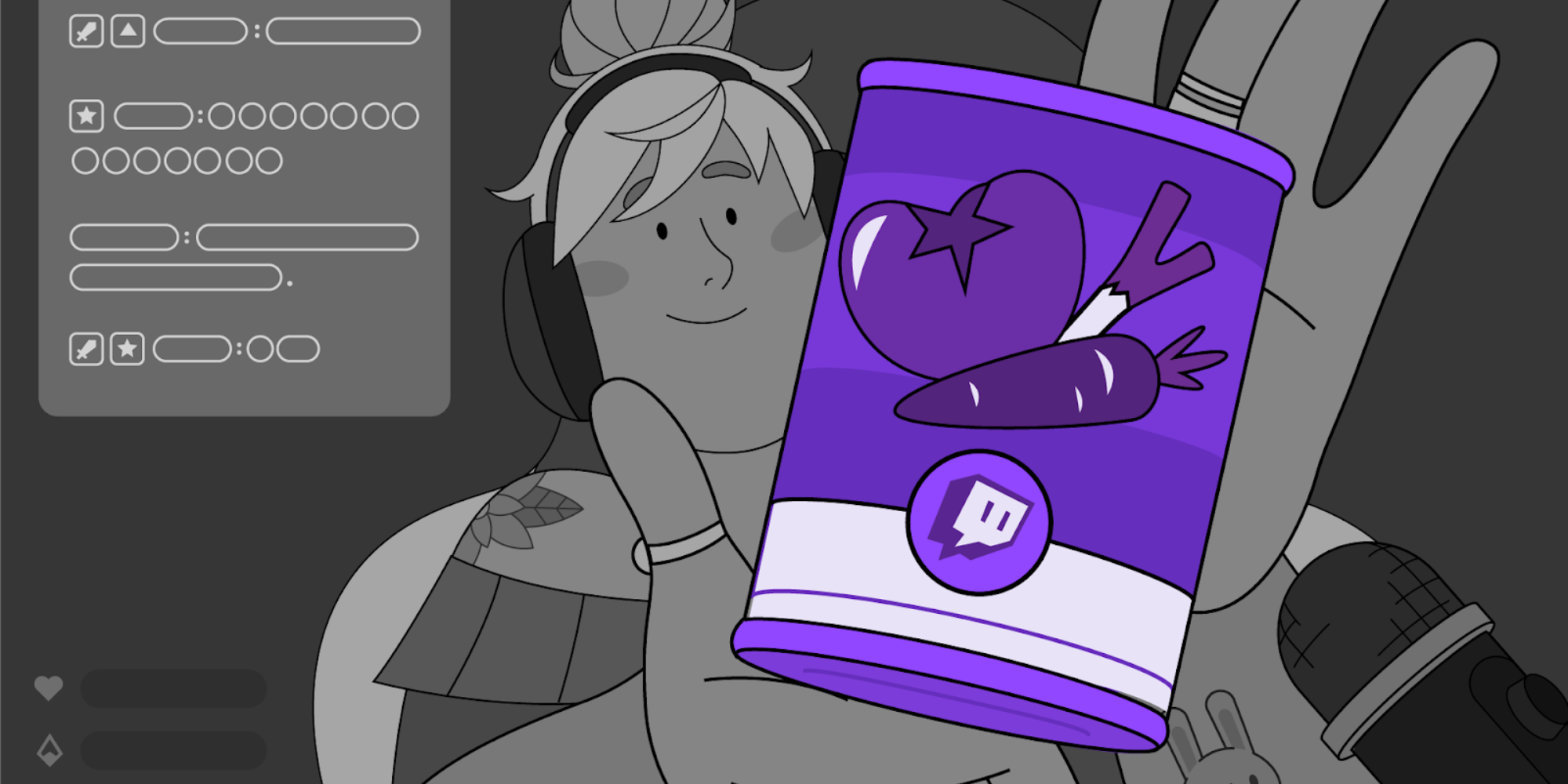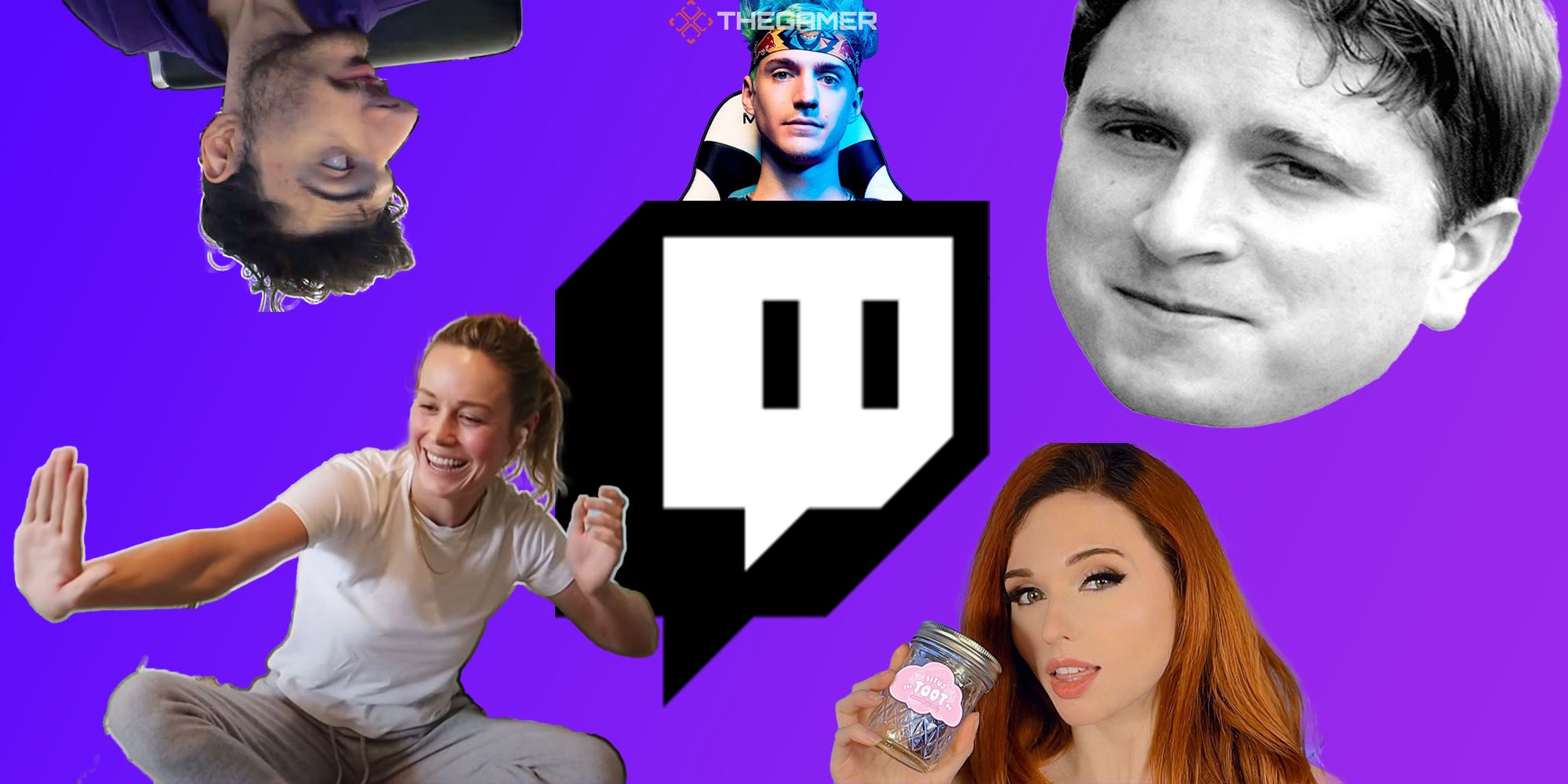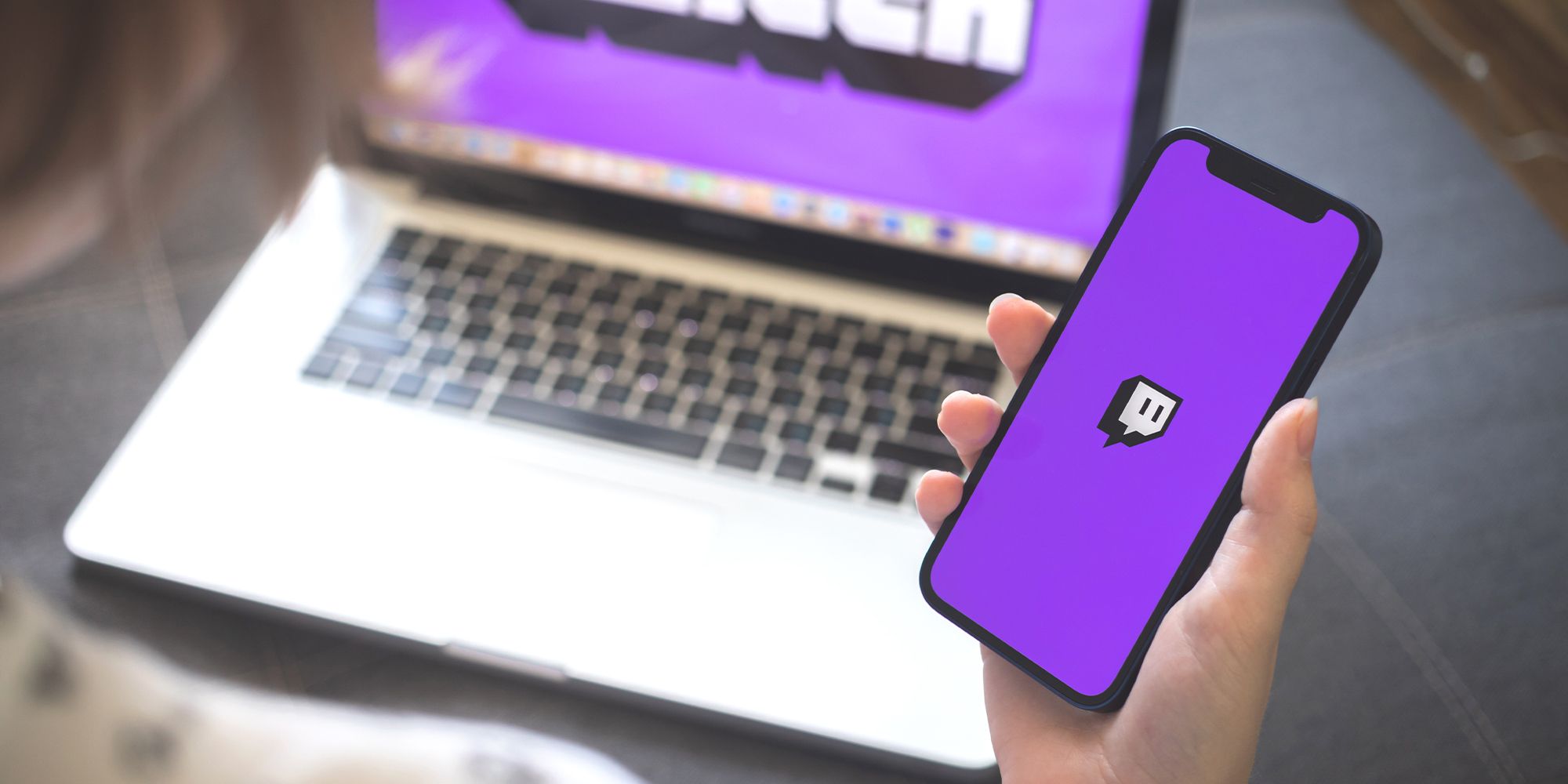Twitch streamers may seem like they have a dream job, but it’s not all sunshine and rainbows. For every Tyler ‘Ninja’ Blevins and Nick ‘Nickmercs’ Kolcheff, who seemingly earn millions from paid subscribers, advertisers, and everything else that comes with your personal brand being a household name among teenagers, there are hundreds, if not thousands, of streamers struggling to make it big.
In many ways, wanting to grow up to be a streamer, YouTuber, or ‘content creator’ is the new wanting to be a Hollywood actor. Instead of watching telly and wanting to be the next Zac Efron, kids surf YouTube channels or Twitch streams and want to be the next Félix ‘xQc’ Lengyel.
However, it’s becoming increasingly difficult for small streamers to find success. Twitch is notorious for its strict terms of service, which prevents streamers from multi-casting (streaming on multiple platforms simultaneously), and its tight 50/50 revenue split, meaning that only half of the money you pledge to streamers goes directly to them, with Amazon pocketing the other 50 percent. While the corporation obviously has running costs and staff to pay, this is an excessive distribution model that saw many creators swap platforms to those with more favourable revenue splits.
Twitch has recently made changes to its terms of service, this time in relation to sponsorships. Many streamers, especially those starting to make it big, receive offers from gaming companies to promote their games, peripherals, or any other services. You know the type, where your stream is interrupted by an ad for NordVPN or some awful energy drink that looks like it’ll burn you from the inside out. While the ads for Gfuel and sponsorships from Noble Chairs may be a little grating, these are likely what pay your favourite streamers’ bills.
Twitch’s new limitations crack down hard on this sort of advertising. You cannot have “burned in” adverts, which means no on-screen banners or video breaks, and no audio ads either. It’s unclear as to whether this affects alerts or on-screen fundraising thermometers, but it applies to charity streams as much as everyday livestreams. As part of this new policy, the only allowable ads – other than those that Twitch inserts into streams itself – must take up no more than three percent of screen space on overlays.
This comes the week after Games Done Quick, an enormous charity marathon that takes place on the platform and raises millions of dollars annually for myriad charities. Lots of space on GDQ’s overlay is taken up by sponsors, donations, and competitions to raise yet more money and, while the main draw is the speedrunners, this all helps it to raise money for good causes. How much of this would still be allowed after Twitch’s rules changes? How much less money would be raised for charity?
This change seems to be Twitch cracking down on any revenue it can’t tax and take a slice of. It’s a cynical move, and stops streamers from being able to earn a decent living from streaming on the platform. Big names will complain, and lose big money on sponsorships, but this will affect small streamers the most. It will cost minority streamers the most. It will cost those people on the cusp of being able to stream full-time the most.
Twitch is losing a lot of goodwill – to the point where it has had to issue an apology, saying, “We missed the mark with the policy language and will rewrite the guidelines to be clearer,” which means very little – and creators on the platform are losing patience. This is the latest anti-worker change in a long line of similar anti-worker changes. I’ve said it before and I’ll say it again, but streamers need to unionise and fight for their rights.
Just like an Uber driver or an Amazon warehouse employee, Twitch streamers are freelance workers, a precarious profession at the best of times, being shafted out of earning any extra revenue to boost their business. In such a time of increased financial hardship for everybody (bar those most profiting from Twitch’s new policies), Twitch owes them respect, and it owes them fair pay, too.



